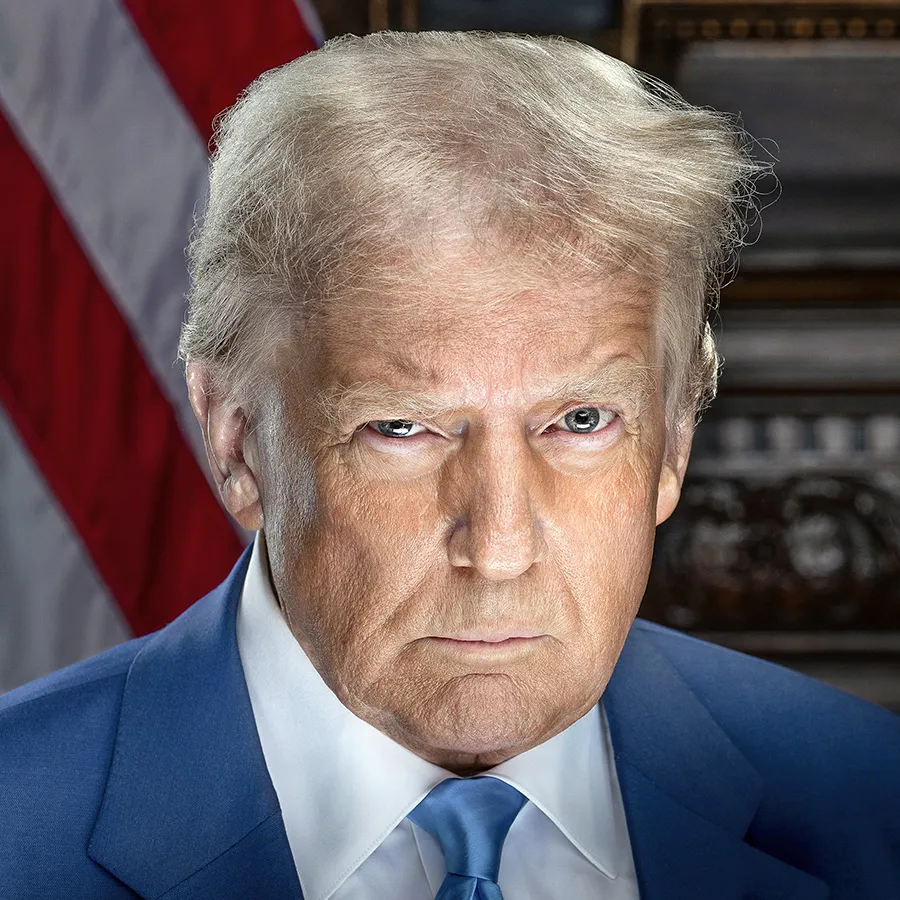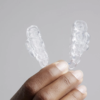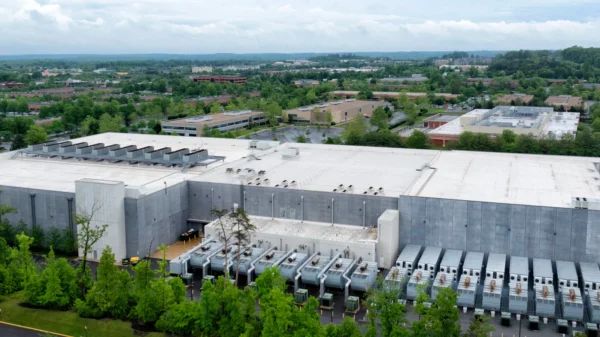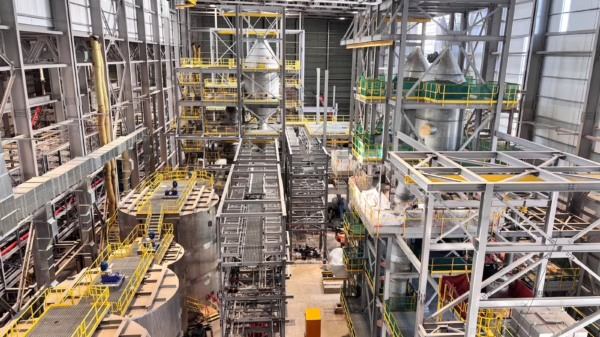Major hospital, manufacturing, and trade groups across the United States are urging President Donald Trump’s administration to avoid imposing new tariffs or trade restrictions on medical imports, warning that such actions could raise healthcare costs, disrupt vital supply chains, and stifle innovation.
Industry voices from healthcare to manufacturing have spoken out during a 21-day comment period that closed on Saturday. The U.S. Commerce Department received more than 800 submissions, reflecting deep concern that additional trade barriers could harm domestic competitiveness rather than strengthen it.
The warnings come in response to a national security review launched under Section 232 of the Trade Expansion Act of 1962. The probe, announced on September 26, covers personal protective equipment (PPE), medical consumables, and medical devices, according to a notice published in the Federal Register. Stakeholders fear the review could lead to new tariffs, quotas, or other trade limits as early as 2026.
The National Foreign Trade Council (NFTC), whose board includes major corporations such as Oracle (NYSE: ORCL), Amazon (NASDAQ: AMZN), and Exxon Mobil (NYSE: XOM), said in its submission that any tariffs on PPE or medical devices would have “profound negative impacts” across U.S. industries. The group warned that added costs could strain an already burdened healthcare system.
NFTC president Jake Colvin urged the administration to pursue non-tariff measures that promote competitiveness instead of punitive duties. He noted in a recent letter to President Trump that an earlier policy had already halted billions of dollars in U.S. exports.
That rule restricts companies from shipping goods or technology to entities partially owned by sanctioned firms, prompting several nations to consider dropping U.S. suppliers from their supply chains.
Read more: Breath Diagnostics pioneers novel lung cancer breath test
Read more: Breath Diagnostics takes aim at lung cancer with One Breath
Supply chains for medical goods are interconnected
Colvin argued that such restrictions directly contradict the president’s stated goal of reducing the trade deficit while boosting exports. The NFTC has since called for the immediate suspension of that rule, warning that its economic fallout is spreading across multiple sectors.
The American Hospital Association (AHA) echoed similar concerns in its submission. It emphasized that the supply chains for medical goods are deeply interconnected, combining both domestic and international sources.
According to an AHA analysis of U.S. Census Bureau data, the United States imported more than 75 billion dollars’ worth of medical devices and supplies in 2024 alone. Roughly 30 per cent of the country’s medical technology market depends on imports. Meanwhile, an even larger share of PPE originates overseas.
Akinluwa Demehin, the AHA’s vice-president for quality and safety policy, noted that hospitals rely heavily on international suppliers for critical PPE that protects both patients and healthcare workers. In 2023, China accounted for most of the N95 respirators used in U.S. hospitals. It also supplied one-third of disposable masks, two-thirds of non-disposable masks, and an overwhelming 94 per cent of plastic gloves.
Demehin cautioned that such products operate on narrow profit margins, making sustainable domestic production difficult. He warned that disruptions to these supplies could jeopardize hospital operations, delay surgeries, and compromise patient safety. Consequently, the AHA urged the government to take a “balanced approach” that includes tariff exemptions for products in short supply.
Read more: Breath Diagnostics onboards new president and closes critical financing
Read more: Breath Diagnostics opens Respiratory Innovation Summit with captivating presentation
Manufacturers voice production concerns
The organization reminded officials that medical device tariff exemptions were previously implemented during earlier rounds of trade action against China.
Business Roundtable, an association representing more than 200 chief executive officers from leading U.S. corporations, issued a similar warning. It said tariffs under Section 232 could undermine American health security, discourage innovation, and drive up healthcare costs.
Manufacturers voiced parallel concerns. The National Association of Manufacturers (NAM) said it supports the administration’s goal of strengthening domestic production. However, it also warned that tariffs may trigger unintended consequences.
NAM’s vice-president for international policy, Andrea Durkin, said that while research spending would not face tariffs. Furthermore, higher costs for imported materials could indirectly reduce funds available for R&D investments in the United States.
Durkin explained increased input costs could ripple through the entire production process, leading to higher prices for patients and hospitals. She added that any trade measures should focus on improving competitiveness through supply chain resilience and workforce investment over trade barriers.
Since early 2025, Trump’s administration has expanded its use of Section 232 beyond traditional sectors like steel, aluminum, and automobiles. The mechanism is now being applied to a broader range of industries deemed vital to national security, including semiconductors, pharmaceuticals, critical minerals, aerospace components, and now medical equipment.
Supporters of the probe say the goal is to reduce reliance on foreign suppliers and protect the nation’s healthcare infrastructure from future shocks like those experienced during the COVID-19 pandemic. However, industry stakeholders argue that abrupt restrictions could backfire, leading to shortages, price hikes, and delays in innovation.
Read more: Breath Diagnostics gives the public the chance to join the fight against cancer
Read more: Breath Diagnostics leader speaks at lung cancer education event in Louisville
Commerce department has no timeline
Additionally, many groups have urged the commerce department to engage closely with industry experts to ensure secure and affordable policies. They say fostering partnerships with trusted international suppliers, rather than imposing unilateral restrictions, would better safeguard the medical supply chain.
For now, the commerce department has given no timeline for completing its review or announcing potential actions. But business and healthcare leaders are pressing for transparency and consultation before any decisions are made.














